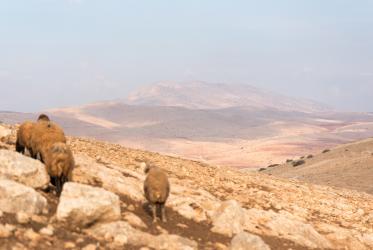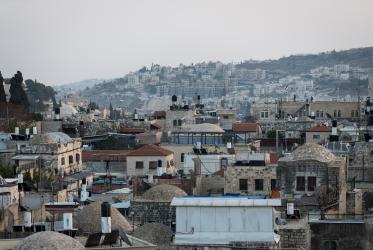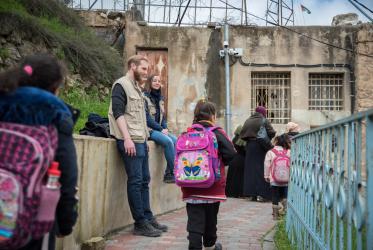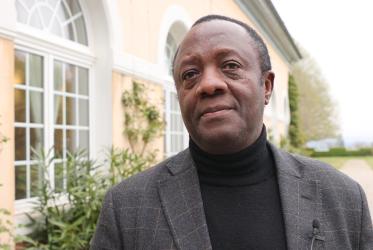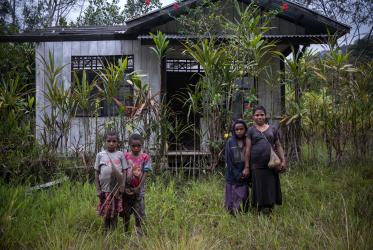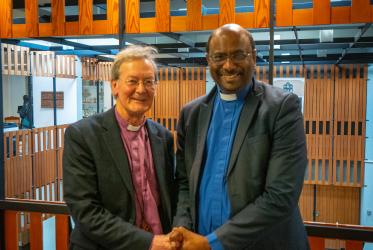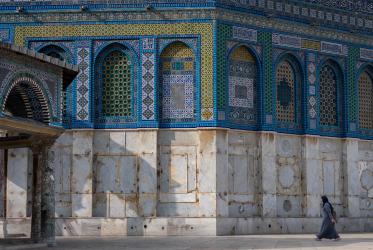Jad Issac a tendance à penser avec les chiffres. S’agissant des territoires de Cisjordanie situés aux abords de Jérusalem et de la vallée du Jourdain, aussi connus sous le nom de zone E1, J. Issac fait face à un chiffre très élevé: une perte de 2 milliards de dollars par an pour les Palestiniens et Palestiniennes contre la possibilité de gagner net le même montant, de rembourser des dettes et d’aider à son tour des pays plus pauvres. Cette somme astronomique correspond à des opportunités touristiques perdues en raison des difficultés d’accès à la zone E1, à la vallée du Jourdain et à la mer Morte, d’après l’étude sur le coût économique de l’occupation menée par l’institut de recherches appliquées de Jérusalem.
16 March 2023
